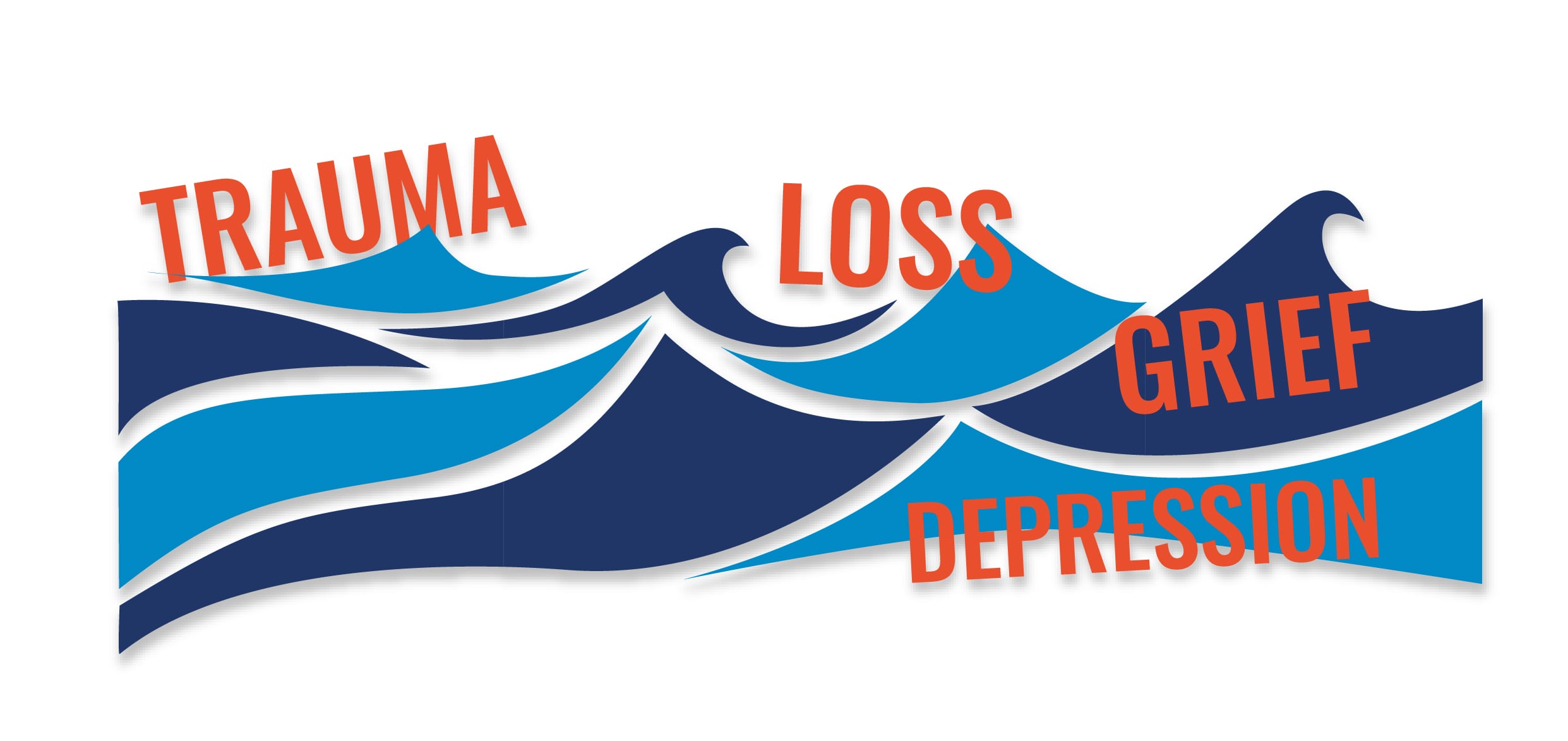Contact us
-
1
-
2
-
3
-
4
-
5
-
6
It will take ~10 minutes to work through Section One
Grief: What is it?
Grief is the term used to describe our natural responses to the loss of someone or something we care about.



These images were created by veterans during art therapy as part of their recovery journey.
They've been shared to raise awareness and to help others understand.
Grief can affect people differently, and how we make sense of and adjust to a significant loss is a very individual process. However, there are some aspects of grief that appear to be common experiences to most. In the main, grief begins to soften with the passage of time, provided feelings are attended to and the loss is accepted.
However, for some the impact of loss and grief becomes debilitating and does not improve over time. This is commonly due to the circumstances of the loss (e.g. traumatic), the presence of multiple losses within a short period of time, struggles accepting the loss, or difficulty with emotions such as guilt and shame.
You might be noticing some of the following:
- Feelings of sadness, guilt or anger
- Repetitive thoughts about the loss – for example, images of the person, the sound of their voice or even the sense of them being there from time to time
- Avoidance of any reminder of the loss
- Numbness or detachment
There is no right way to grieve

Everyone grieves differently depending on a host of factors, including family, or social culture, religious faith and spiritual beliefs.
If you can attend to your feelings, take care of yourself, and seek support, you can move toward acceptance and healing.
The grieving process is not consistent or linear; it can change daily or from moment to moment.
The emotions of grief can come like waves of different sizes and strengths; one day might be good, the next overwhelming.
It will gradually become less but even years later can be triggered by anniversaries, a piece of music, a smell or some other reminder of what was lost.
If grief continues to significantly impact on your quality of life several years after the event, it may be there are factors preventing you from fully processing the loss, in which case you may want to consider professional support.
Why might veterans struggle with grief?
Military training teaches you to be ready for action, prepared for every eventuality and to plan for the worst. But loss is something you can't prepare for. With no orders on how to deal with loss and grief, it can feel very lonely and overwhelming.
Military culture promotes acts of selflessness for the protection of others in serving their country and fighting against wrongdoing. But when you're unable to protect your military buddies, or others you care for, it can leave you feeling helpless.
Many veterans would sacrifice themselves to protect the lives of others, particularly their military buddies. Surviving where others have not can therefore be difficult to come to terms with.
It's not uncommon to feel guilty or somehow responsible, often unfairly.
There is a greater risk that military losses occur in traumatic circumstances, which can make grieving a loss particularly complex and difficult. Many veterans who are grieving lost comrades also have PTSD. Processing the grief can therefore be blocked by the way the memory of the event was captured at the time, and frequent intrusions or flashbacks to the event now.
All emotions are heightened when grieving. There may be some emotions that you are not used to feeling or don't recognise. Emotions are not readily talked about in the military meaning that talking about grief can be particularly tough. This can lead to veterans coping by burying their feelings or numbing them with drink or drugs, making it impossible for the loss to be fully processed.
Feelings of loss can also happen when you leave the military. Commonly, losing the military family, the sense of companionship and comradery can all bring about a loss of identity and similar feelings to grief – particularly for those who have left under difficult circumstances.
Before you move on, take a moment to reflect on what you have read so far. Note what relates to you personally.
Additional Resources
Was this page useful?
This information was published on 30 October 2020.
Is there someone I can call and talk to?
Our Helpline is open 24/7, please do not hesitate to call if you need someone to talk to or any guidance.
Combat Stress 24/7 Free Helpline 0800 138 1619.
If you require more urgent help, either yourself or a member of your family feel unsafe, please contact your GP or telephone 111.

